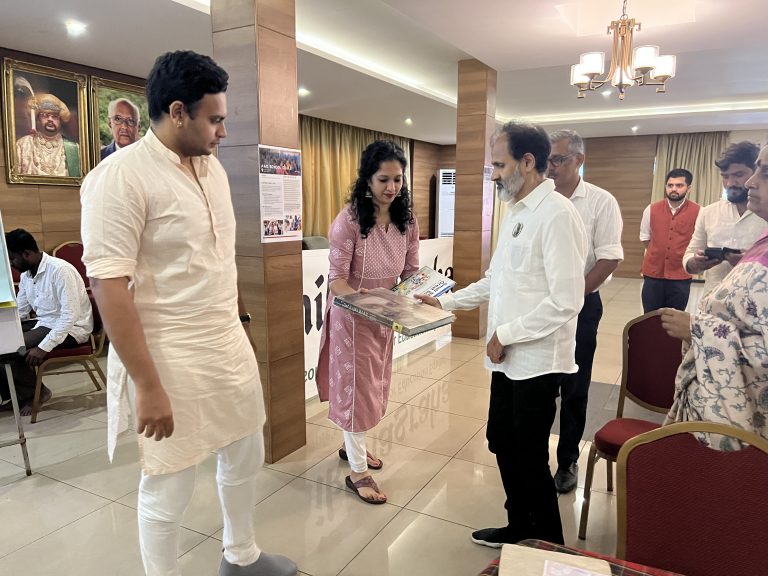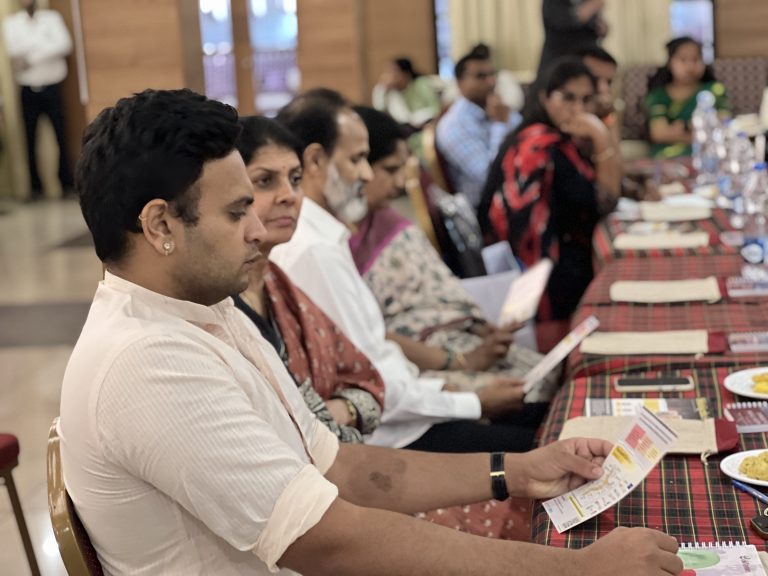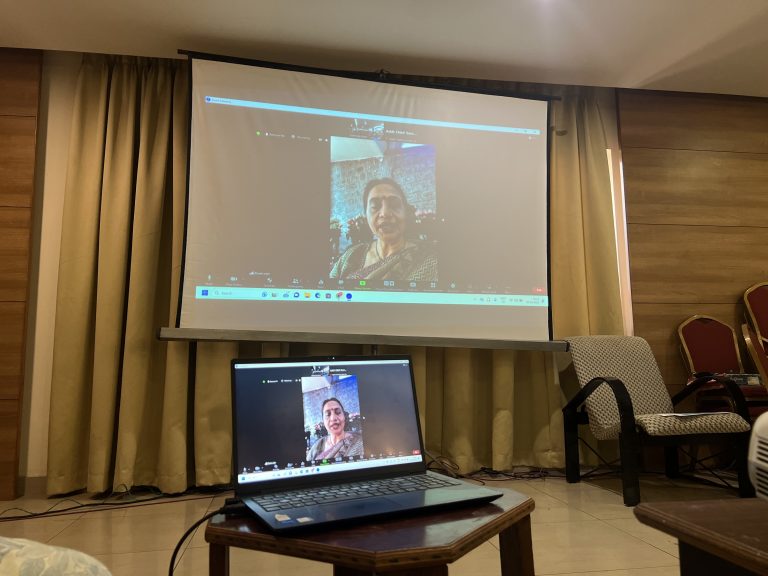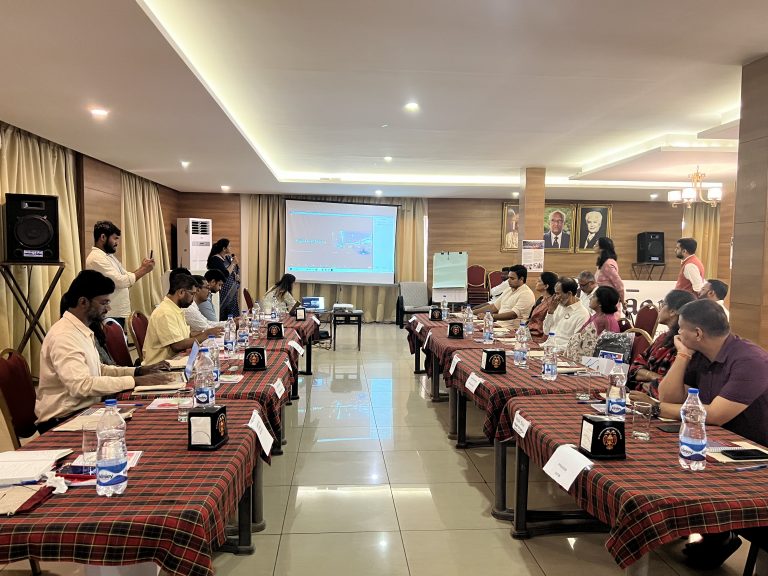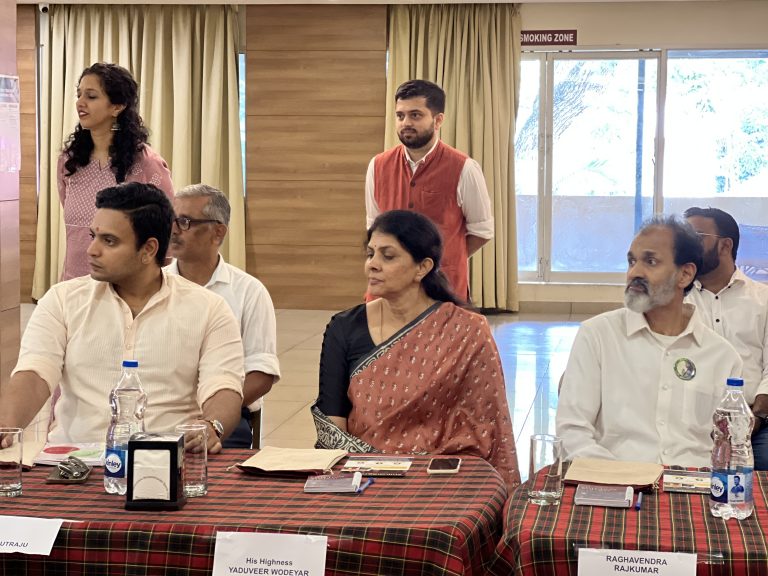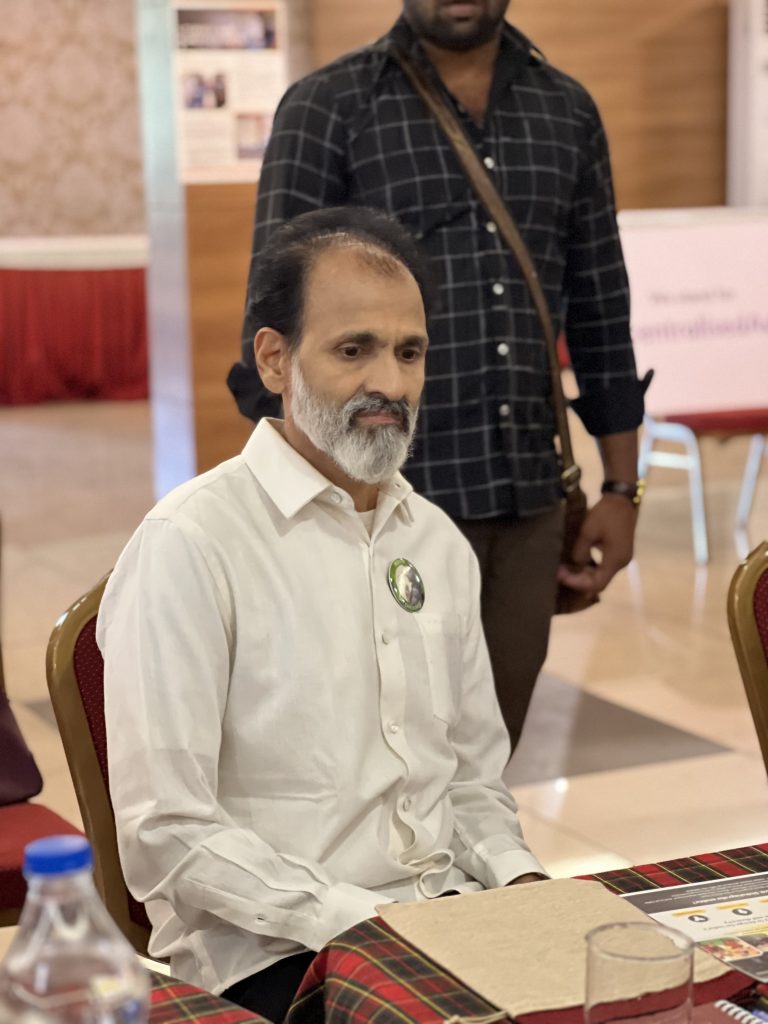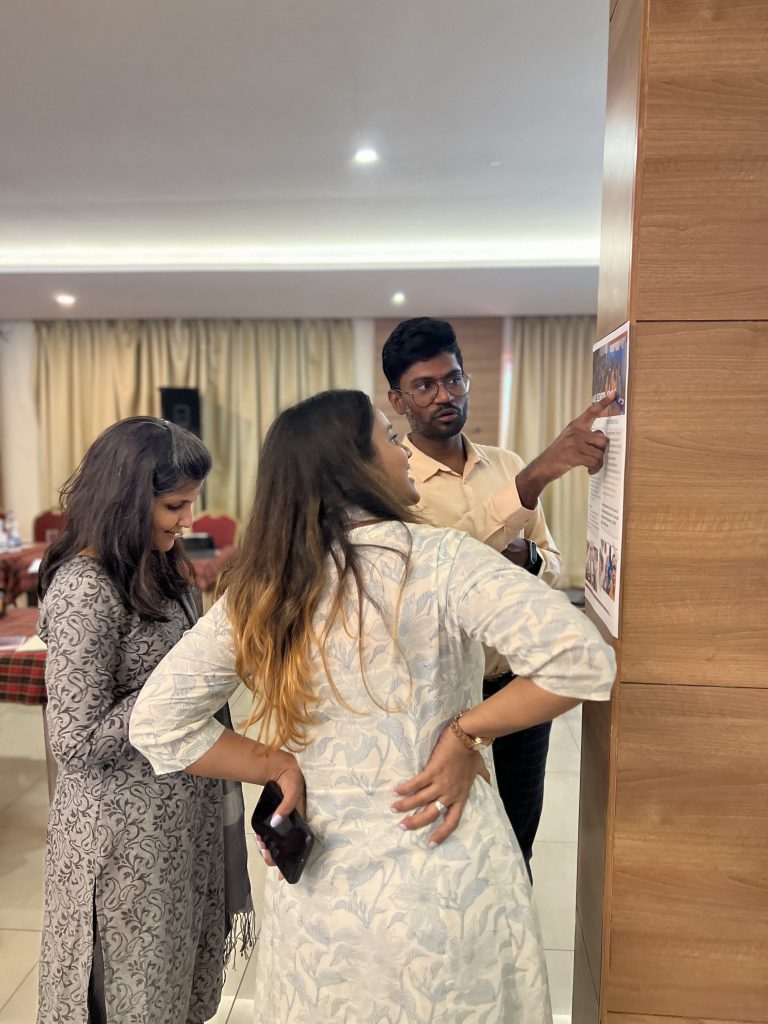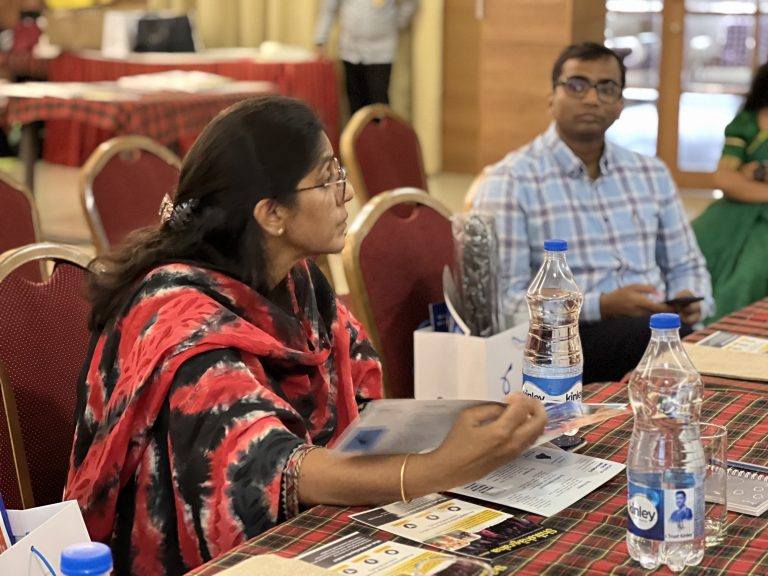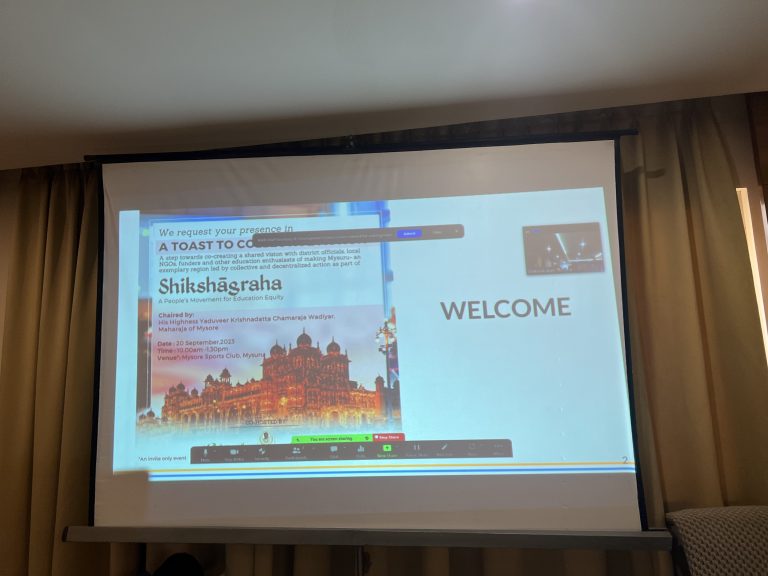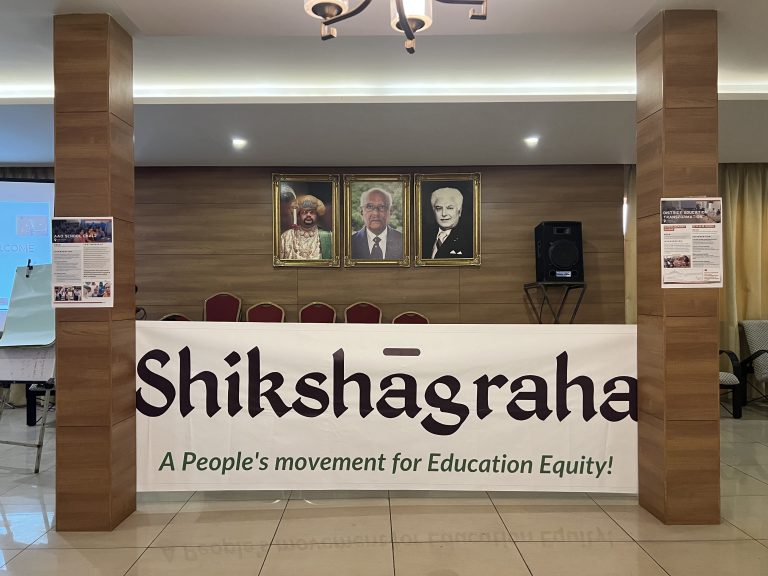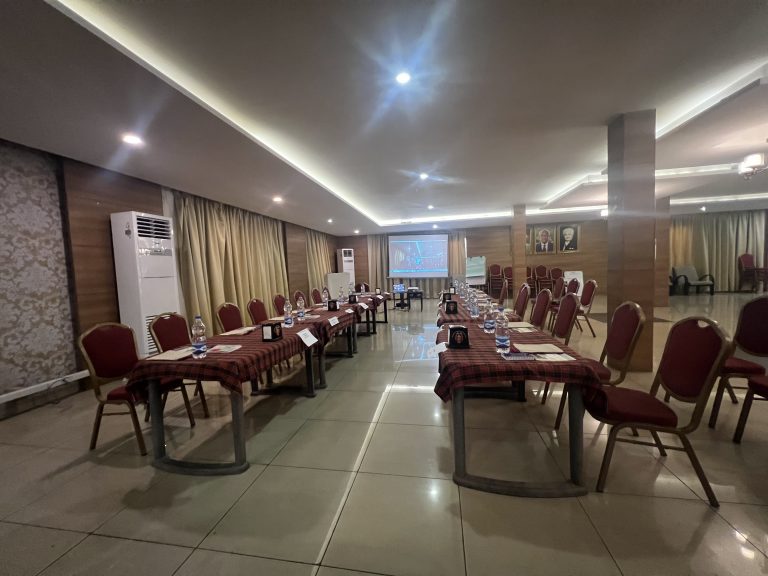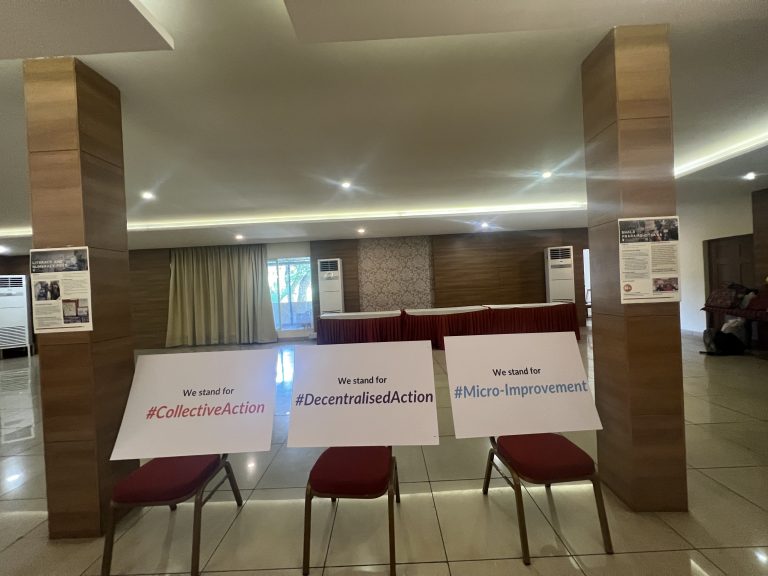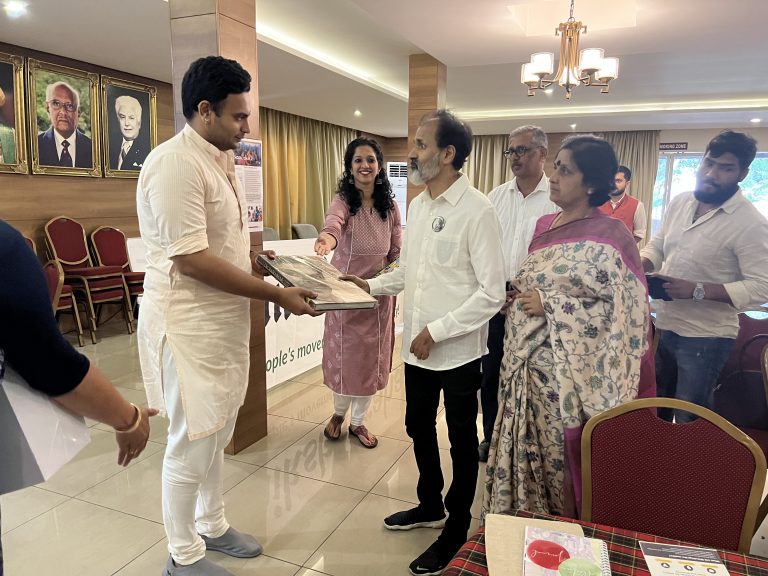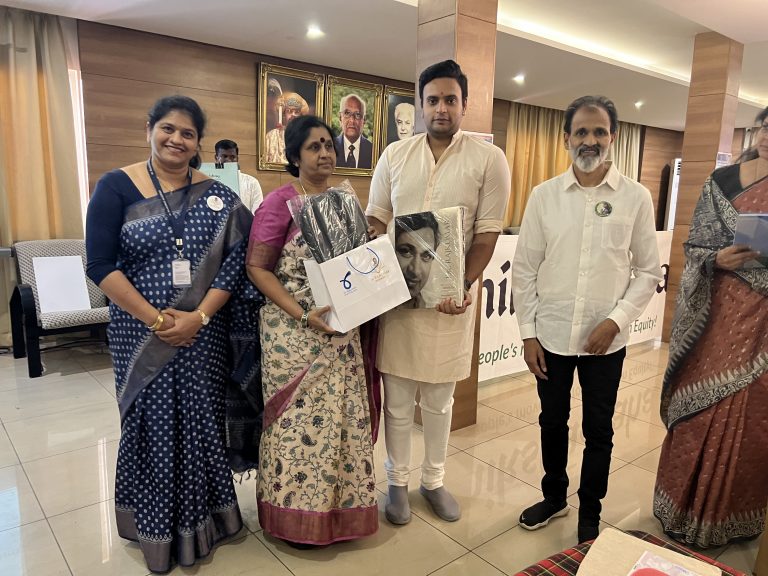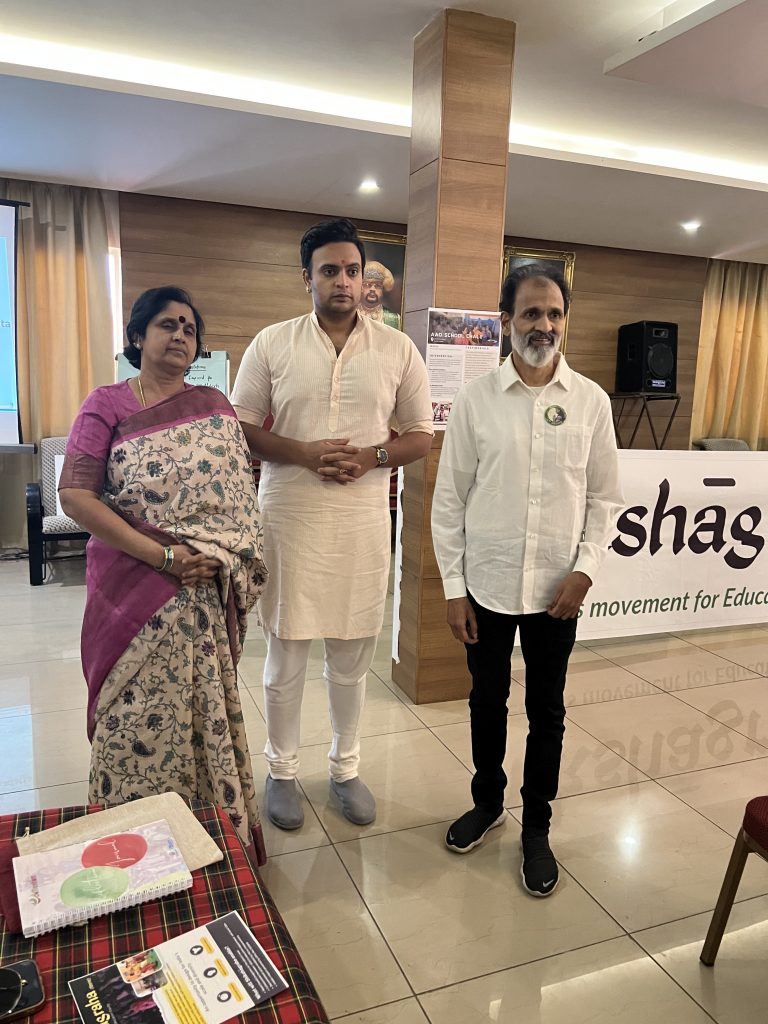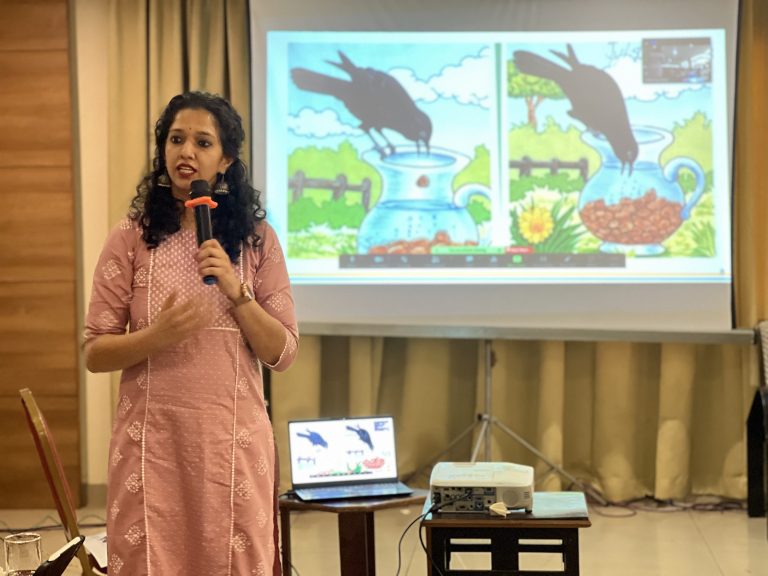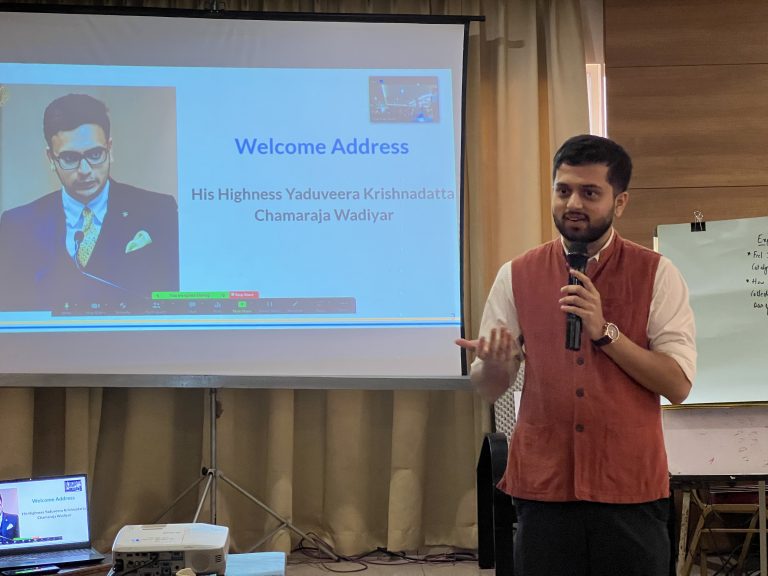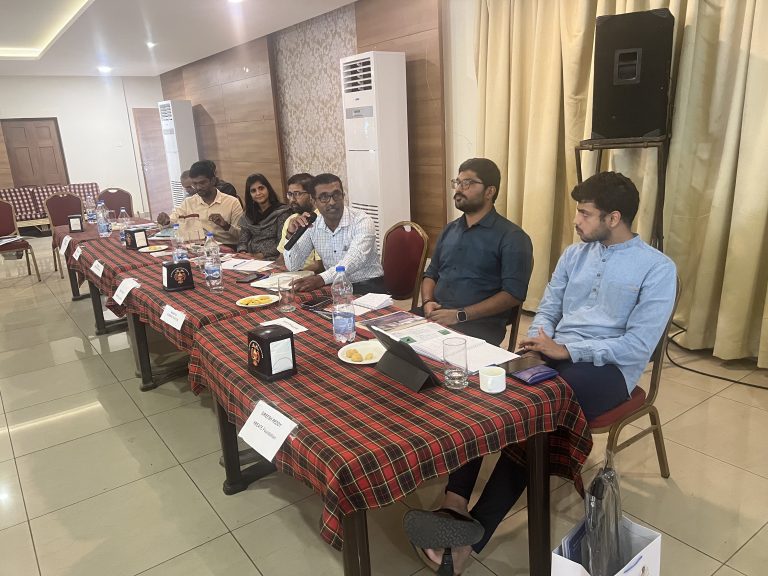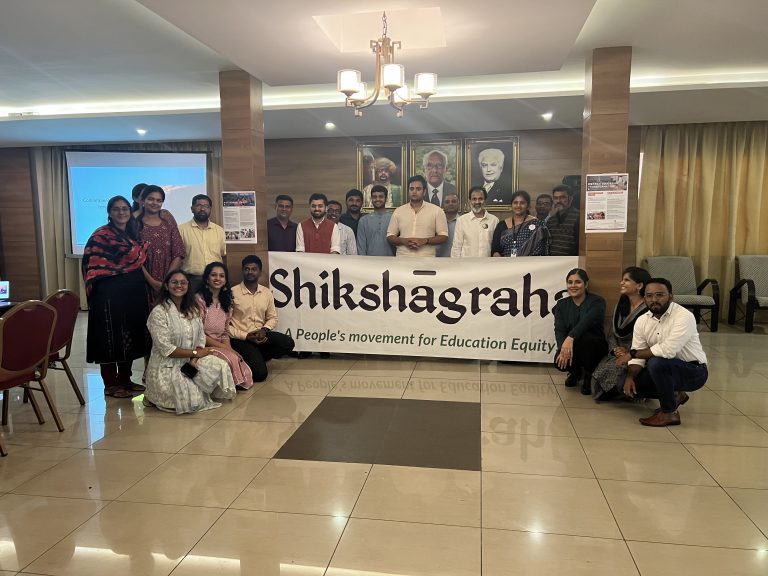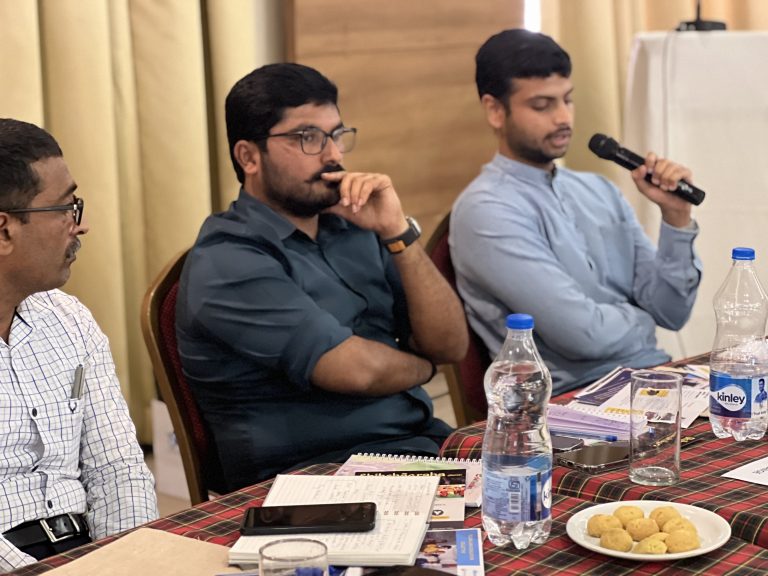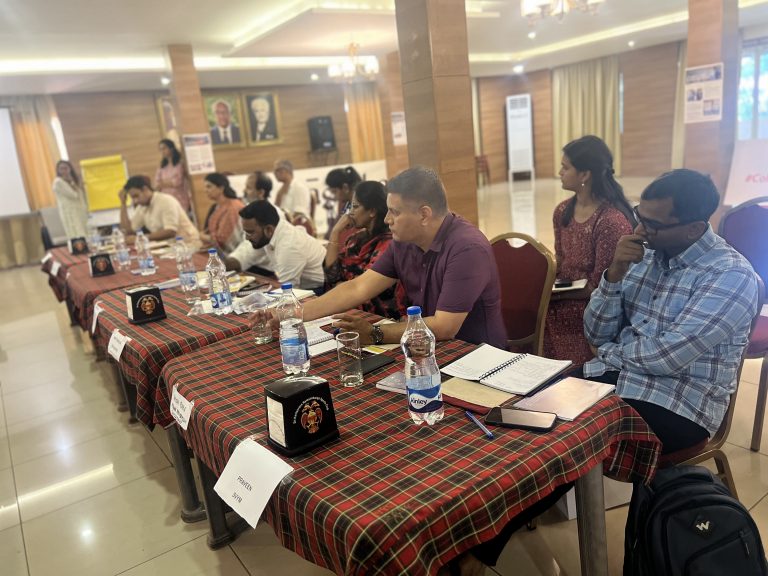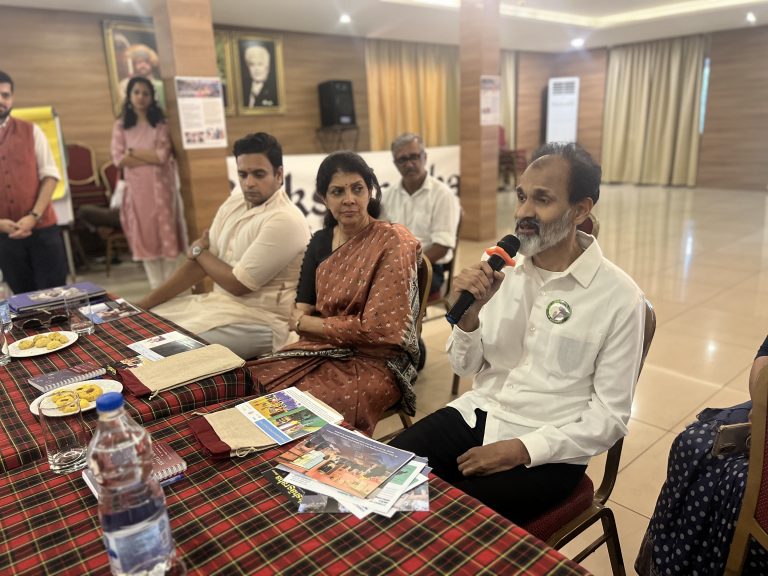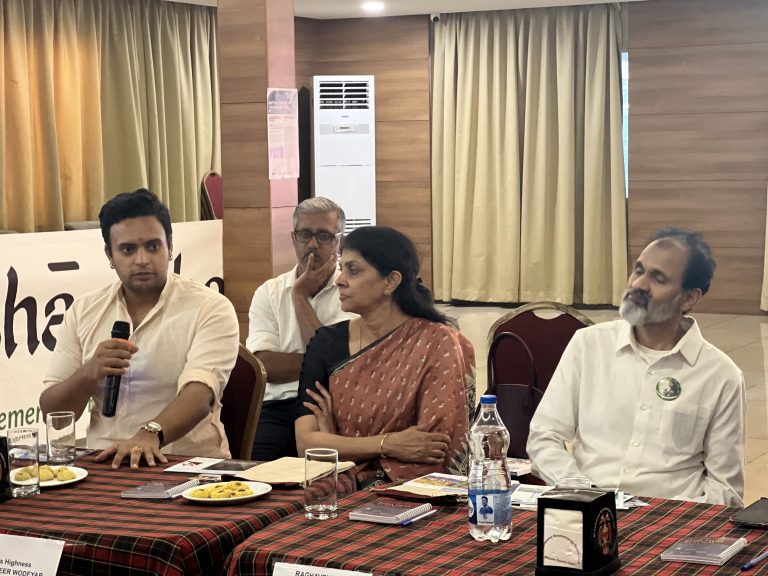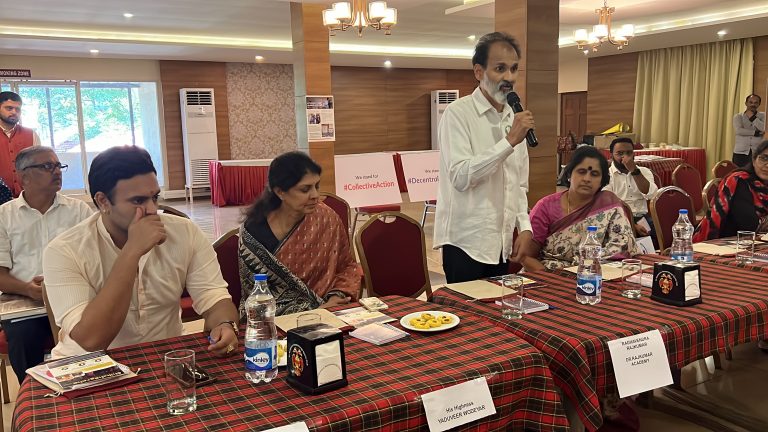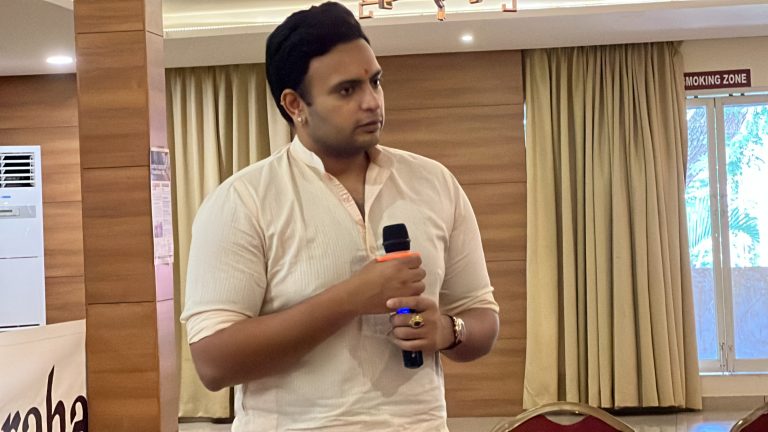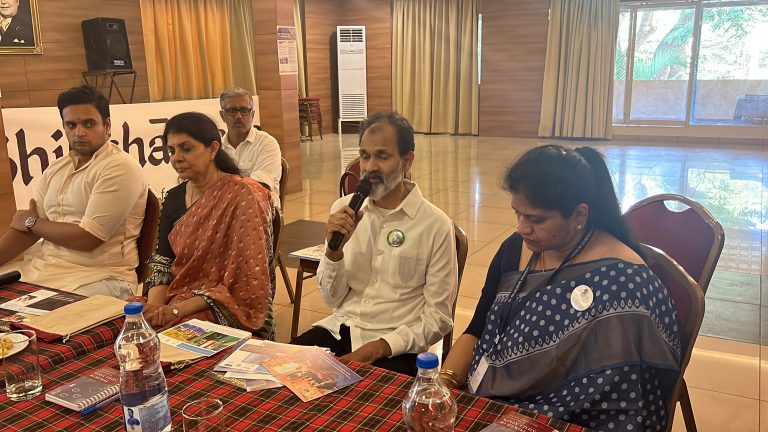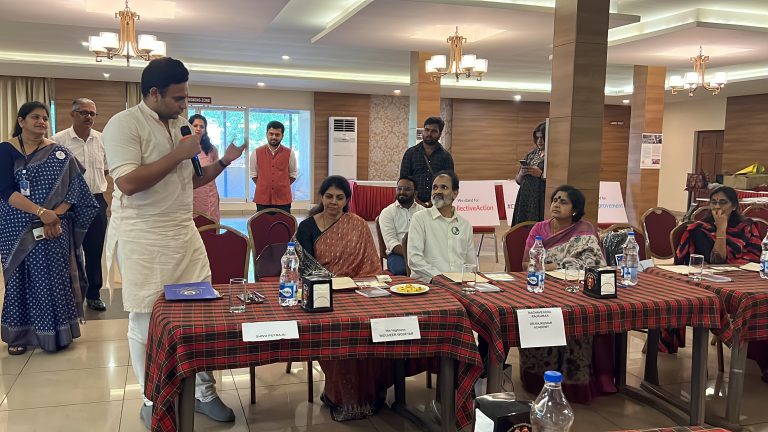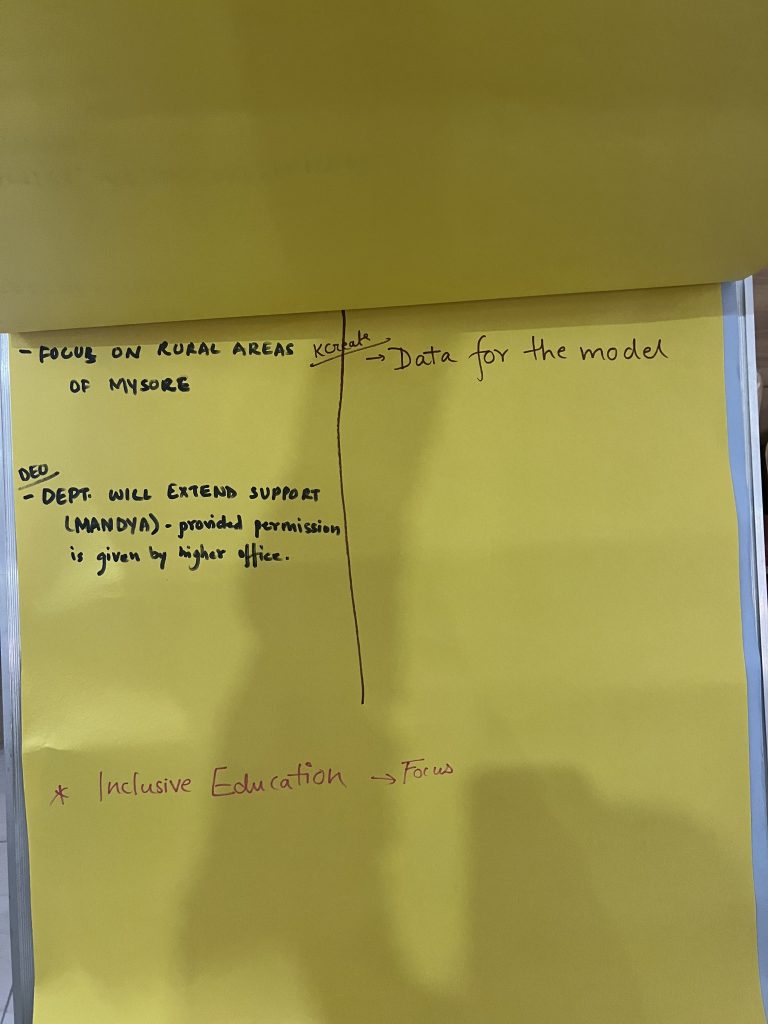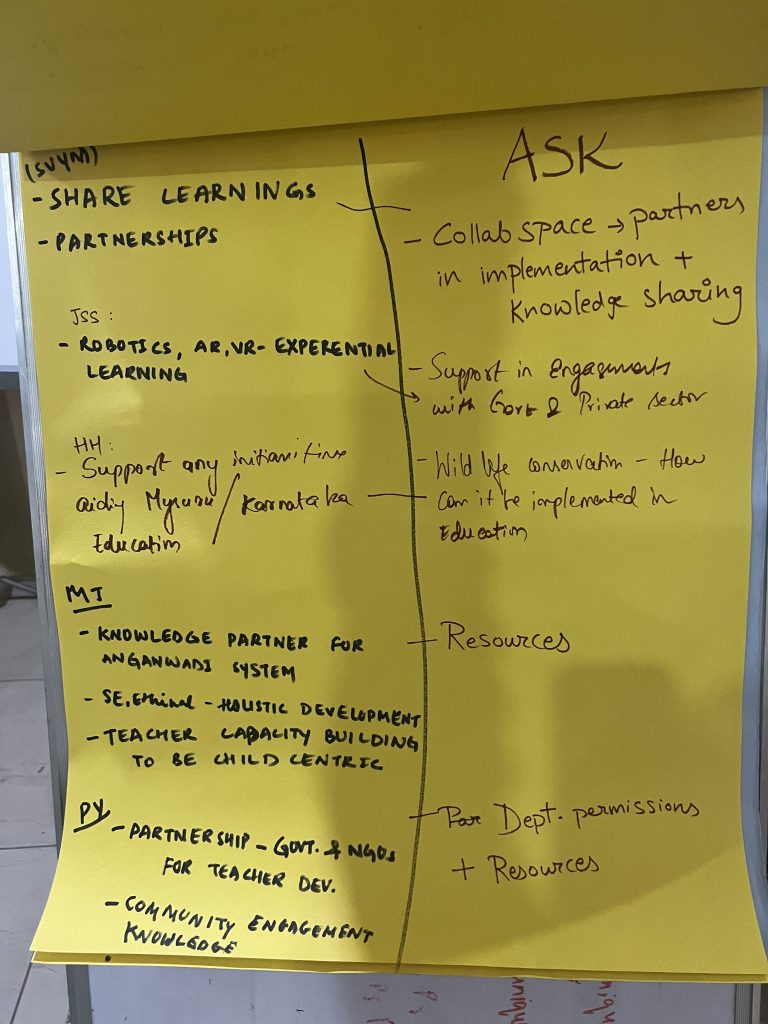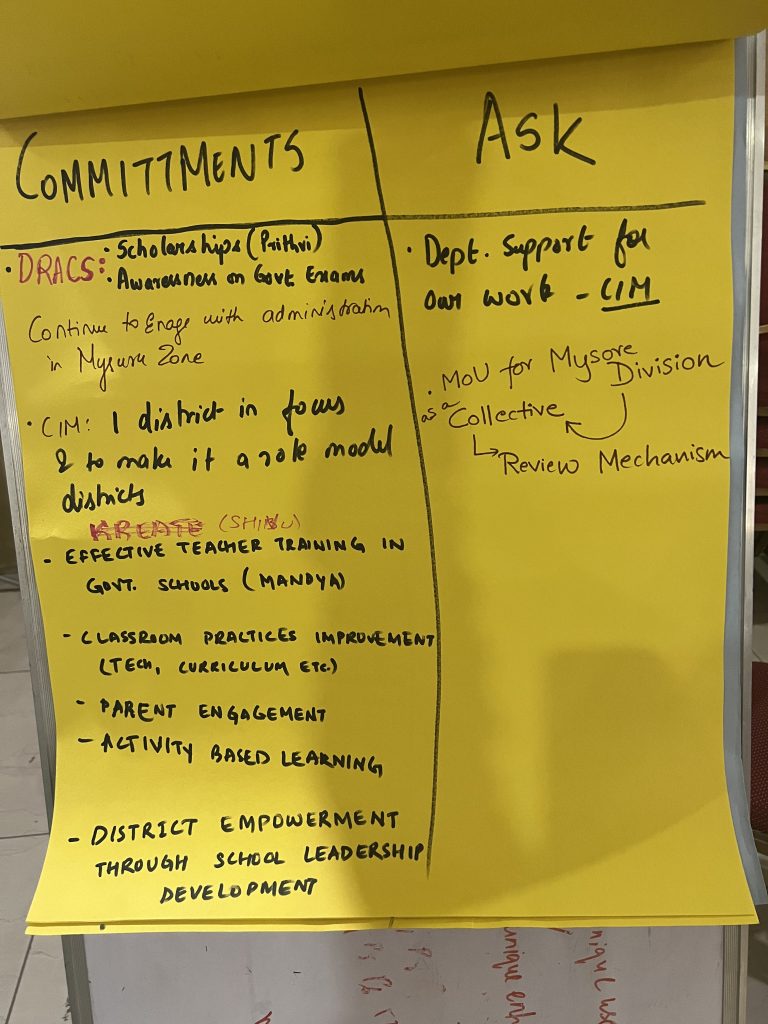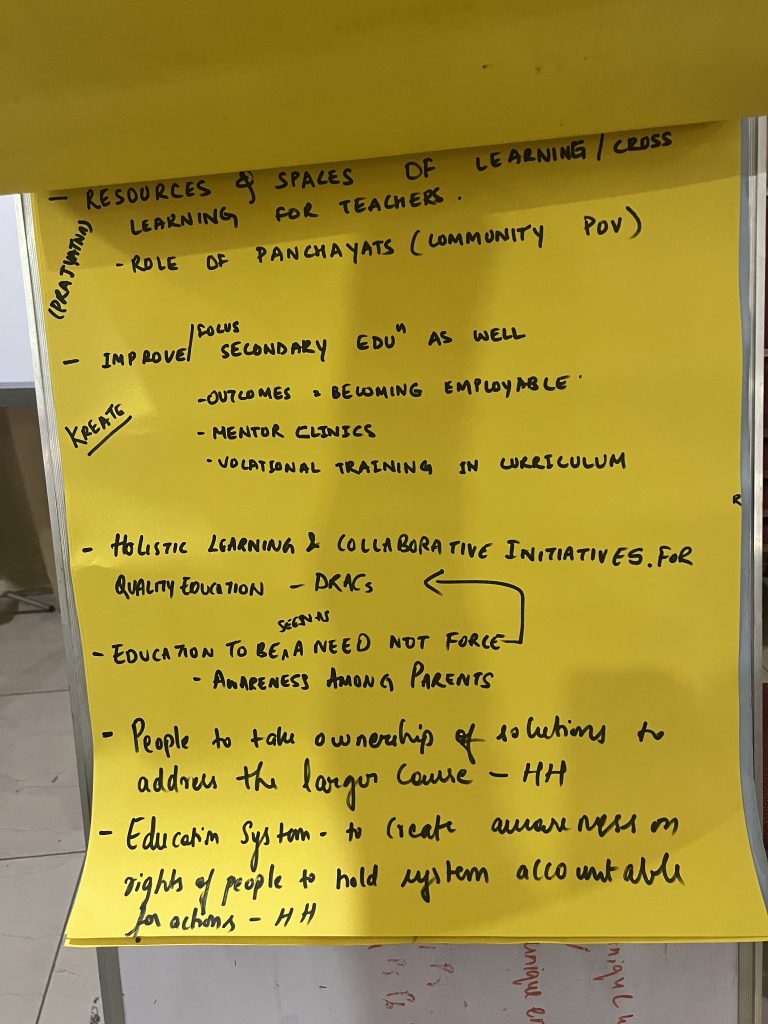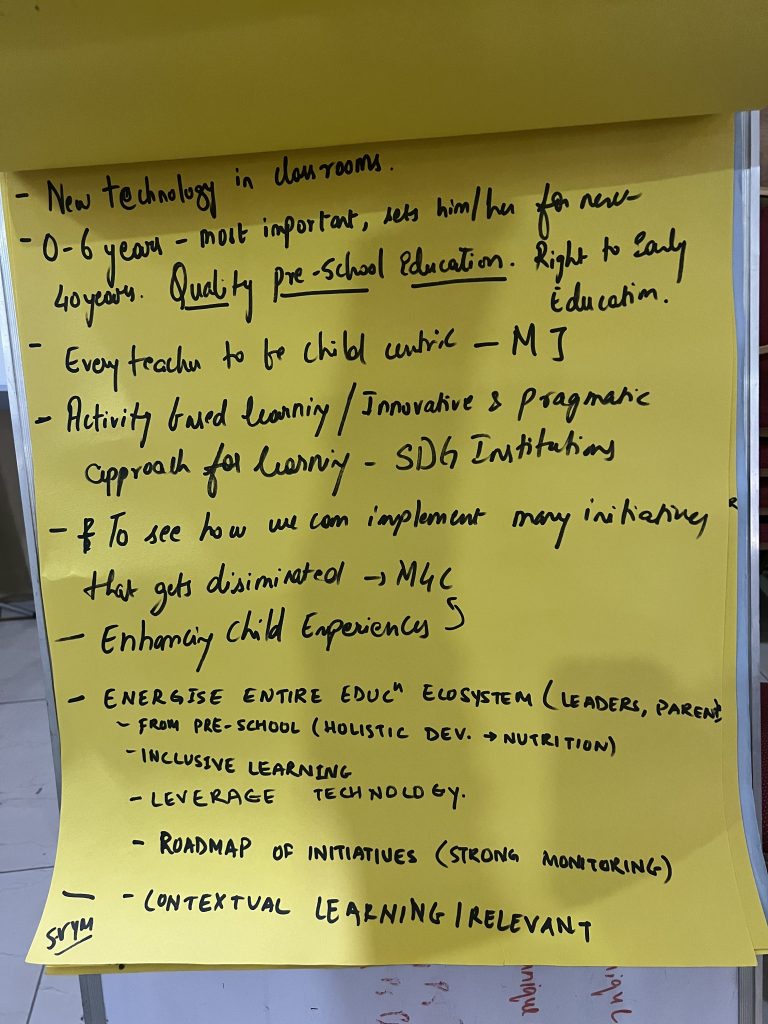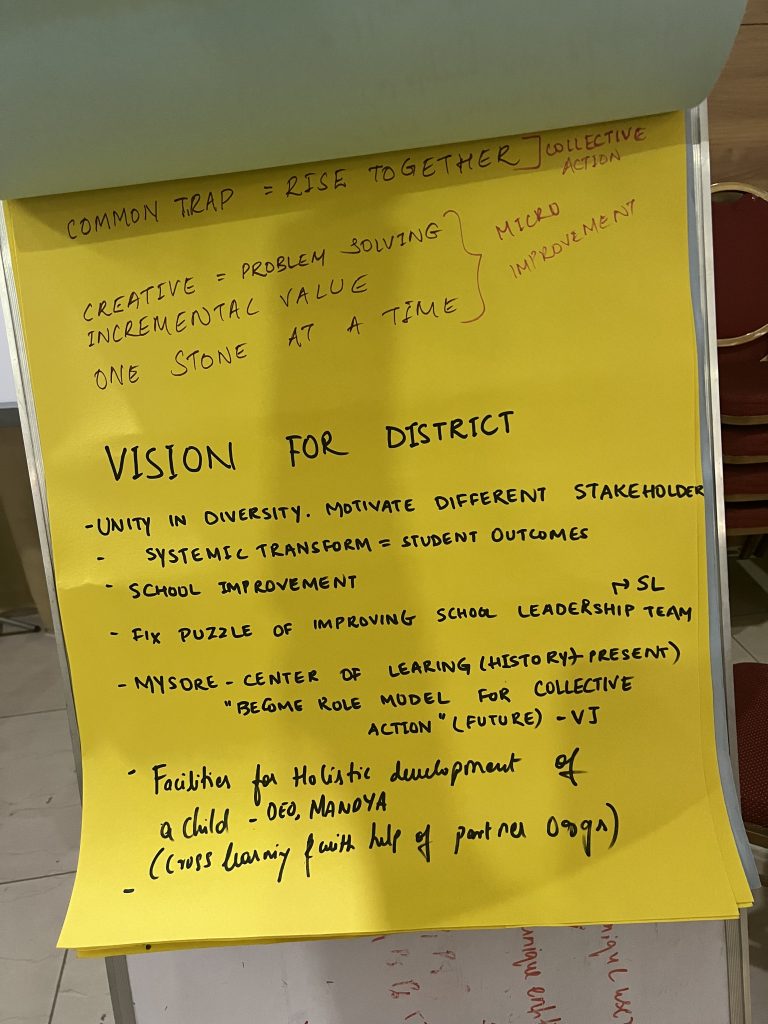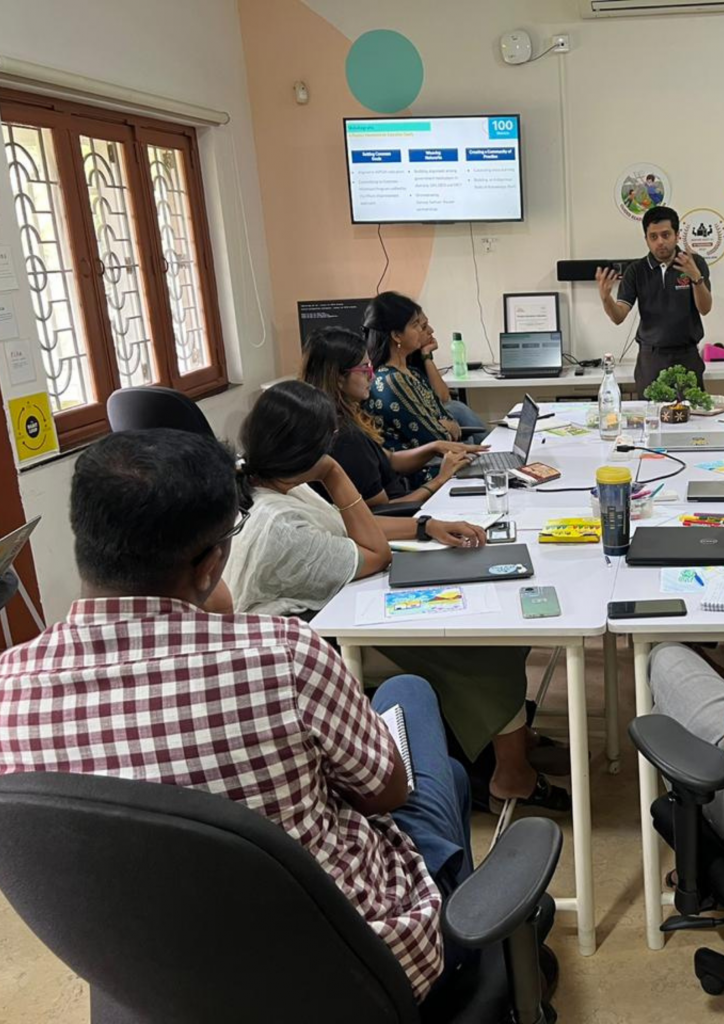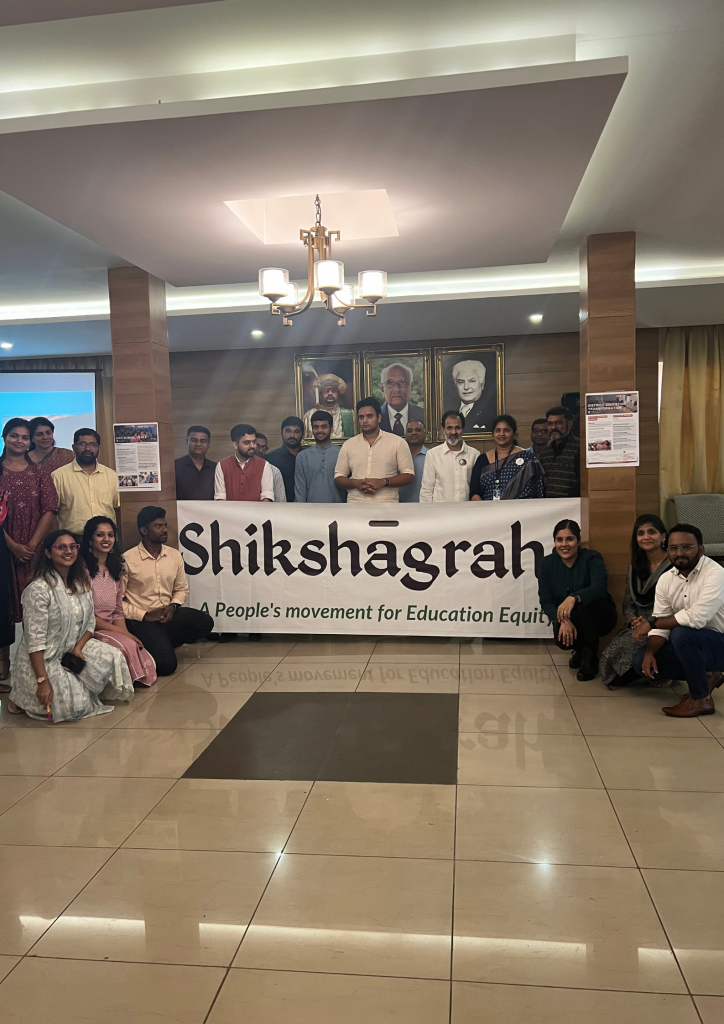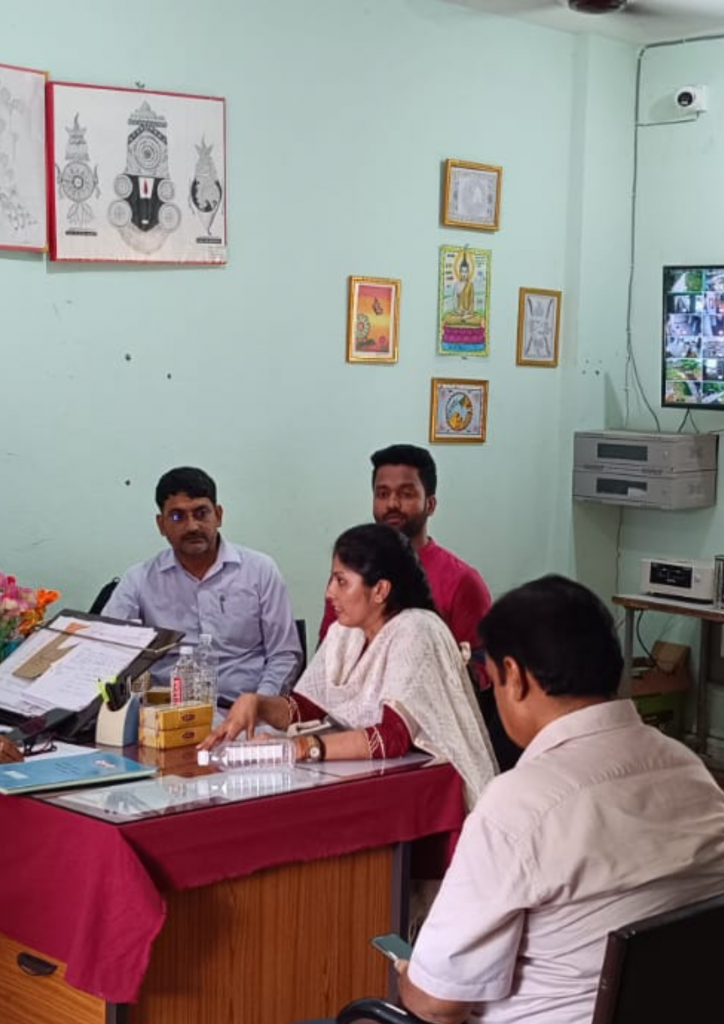
Every Step Towards Education
Our Mission
A movement to improve and transform 1 million public schools across India by 2030
Our Vision
A Movement for Decentralised Action to Solve India’s Education Challenge.
Collective Action
Need-based programs at the district level
Agency & Inclusion
Decentralised action enabled by Micro-Improvements
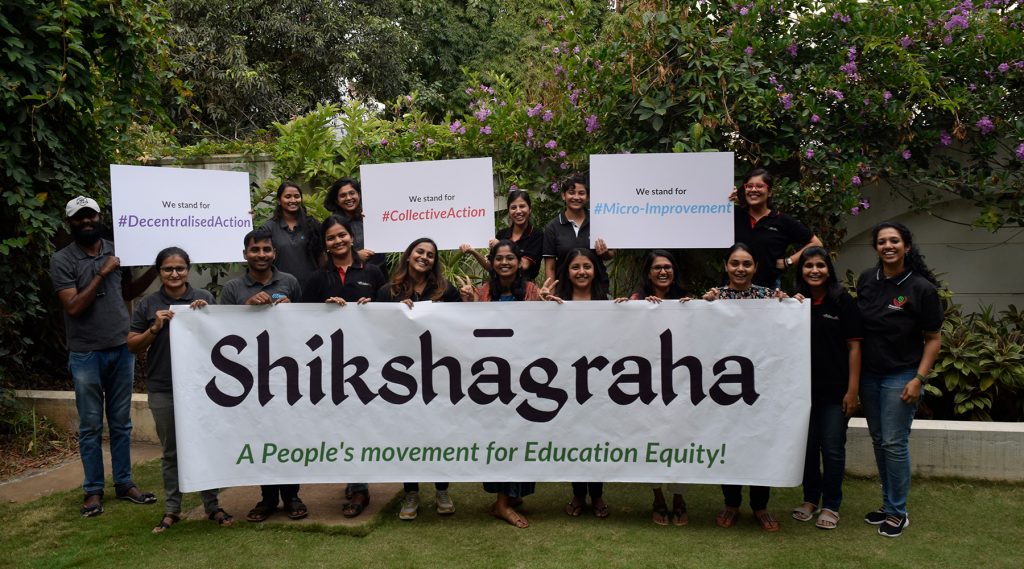
Why Shikshāgraha?
The school improvement challenges in India are as plenty and diverse as the education ecosystem’s scale and diversity. However, change programs and solutions are either being designed in silos, with top-down solutions restricting the agency of the stakeholders on the ground or are being designed and implemented at a very small scale for the solution to be relevant at scale.
As a result, the school system performance suffers, affecting teachers, students, and learning outcomes all at once. There is an urgent need for school improvement solutions to be designed by the stakeholders who implement them because one size [solution] does not fit all [contexts].
OUR Approach
Shikshāgraha enables the education leaders, District Institutes of Education and Training (DIET) & Civil Society Organisations to lead the co-creation efforts for the need-based programs. With the agency to design programs, educators will own the change and commit to enhancing student outcomes. And eventually, ensure education equity in India!
Shikshāgraha aims to catalyse a collective action to solve India’s education challenge by:
- Catalyzing decentralised action for program design and implementation
- Facilitating collaboration between ‘district education department’ and local NGOs
- Leveraging the approach of Micro-Learning and Micro-Improvements
- Utilizing national digital infrastructure DIKSHA
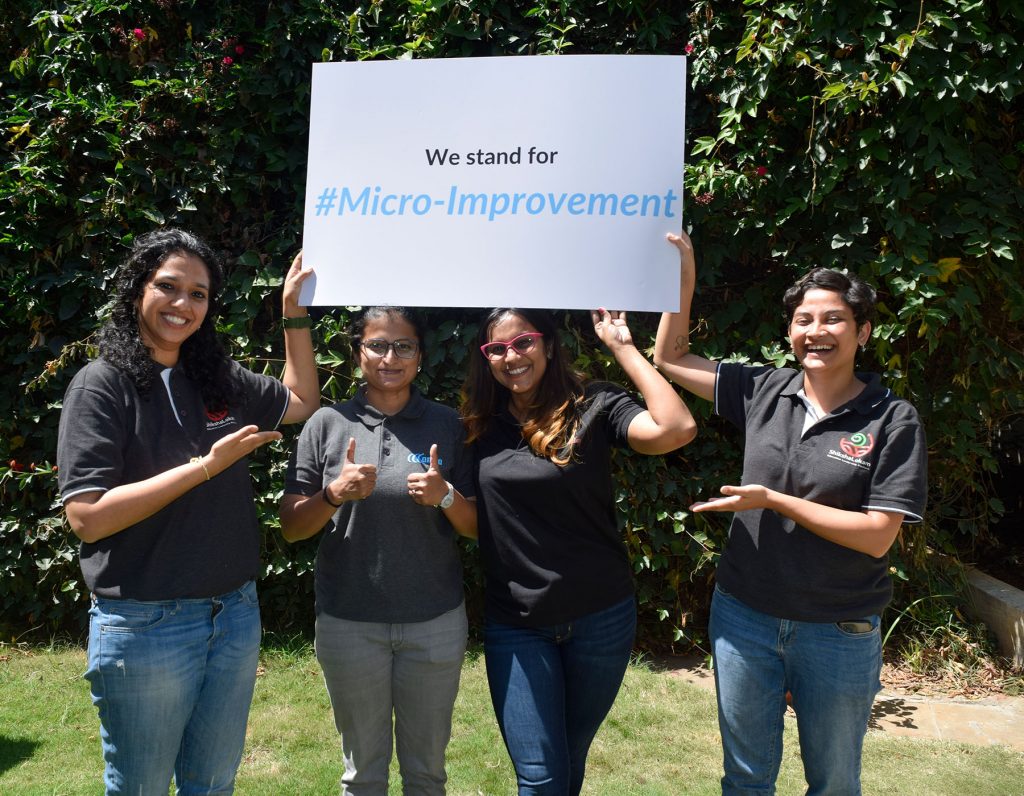
Why Decentralised Action?
Why Collective Action?
Overarching Principles of Shikshāgraha
Setting Common Goals
- Aligned to NIPUN indicators
- Committing to Common Minimum Program unified by the Micro-improvement approach
Weaving Networks
- Building alignment among government institutions in districts: DM, DEO and DIET
- Orchestrating Samaaj-Sarkar-Bazaar partnerships
Creating a Community of Practice
- Catalysing cross learning
- Building an Indigenous Body of Knowledge (BoK)
Shikshāgraha is a people’s movement. It makes education equity a priority for everyone, leverages diverse perspectives and expertise, and mobilises resources to achieve the shared vision.
What are the values of Shikshāgraha

Agency
Enabling to solve one’s problems by themselves

Collaboration
Working together to solve and
succeed

Grit
Keep going to make things
happen

Open to all
Accessible to all individuals and institutions without any barriers
What are the key principles of Shikshāgraha?
Shikshāgraha is a people’s movement. It makes education equity a priority for everyone, leverages diverse perspectives and expertise, and mobilises resources to achieve the shared vision.
Our Initiatives
100 Days 100 Districts Campaign
Over the last four months, the Shikshāgraha team has been actively engaged in understanding the aspirations and perspectives of districts and Civil Society Organizations (CSOs) regarding systemic education transformation and collective action. This journey has involved connecting with more than 50 NGOs across the country and conducting 100 district visits within 100 days to engage with stakeholders and organisations on the ground. Each interaction during this learning phase of Shikshāgraha’s journey has deepened our belief in the importance of involving stakeholders who implement school improvement solutions. These district visits have been conducted across the states of Karnataka, Bihar, and Odisha, with the primary objective of embarking on a learning journey to comprehend the context, needs, and challenges faced by the districts.
Invoked 3.0 - Shikshāgraha Utsav
We delved into the collaborative efforts of Sarkaar, Samaaj, and Bazaar to catalyse collective action through InvokED 3.0 and the launched Shikshāgraha on Mar 2, 2024, at NIAS Auditorium, Bengaluru.
Shikshāgraha enables the education leaders, District Institutes of Education and Training (DIET) & Civil Society Organisations to lead the co-creation efforts for these need-based programs. To celebrate ground stories of improvement, leaders and know more

